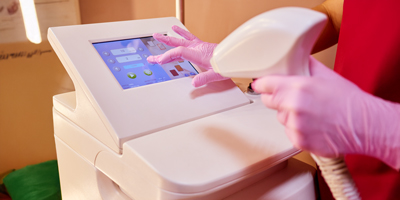You should consult an ENT specialist if you experience:
- Persistent nasal blockage on one or both sides
- Difficulty breathing through the nose
- Frequent sinus infections or headaches
- Regular nosebleeds without any clear cause
- Loud snoring or disturbed sleep patterns
- Facial pain or pressure around the nose and forehead
- Repeated episodes of postnasal drip
If these symptoms interfere with daily life, medical intervention is strongly recommended.
You should consult an ENT specialist if you experience:
- Persistent nasal blockage on one or both sides
- Difficulty breathing through the nose
- Frequent sinus infections or headaches
- Regular nosebleeds without any clear cause
- Loud snoring or disturbed sleep patterns
- Facial pain or pressure around the nose and forehead
- Repeated episodes of postnasal drip
If these symptoms interfere with daily life, medical intervention is strongly recommended.















.svg)









